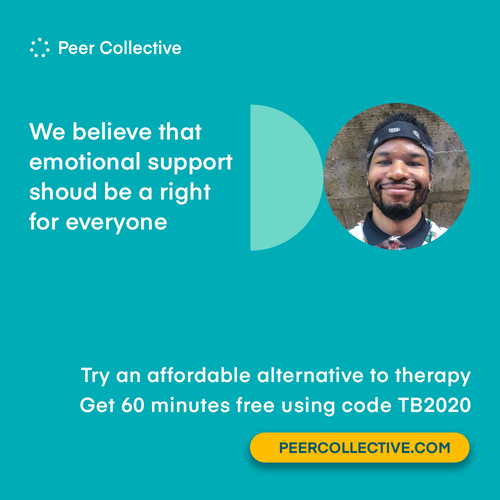Agreeing to take medication for your mental health can be scary. If you’ve never taken medication for a mental illness, you may have a lot of worries – and one of them may be about the side effects that can come with it.
All medications can have side effects, and luckily they’re listed on the packet – but they’re not always clear.
So, we’ve listed some side effects predominantly focusing on antidepressants – which are often used for treatment of depression, anxiety and OCD.
Here are 8 side effects of antidepressants that are totally normal (but, if you’re struggling with them, you absolutely should talk to your GP).
Dry Mouth
Having a dry mouth is a common side effect of many different medications and antidepressants are no exception. You can mitigate this symptom by breathing through your nose instead of your mouth, taking regular sips of water and avoid smoking or caffeinated drinks as these will make your mouth drier.

Low Sex Drive
A common side effect of antidepressants is a decreased interest in sex or struggling to have an orgasm. Obviously not ideal when you’re in an active relationship. Speak to your doctor about this if it’s negatively impacting you.
Nausea
Feeling nauseous is a fairly comment side effect of anti-depressants. Nausea typically begins early on and will likely subside once your body has adjusted to medication. Make sure you’re eating before taking the medication and talk to your doctor if you’re struggling.
Weight Gain
Weight gain is another common side effect. Typically, when your depression symptoms ease up, your appetite will likely return, and you’ll eat more, maybe without releasing. If you’re concerned about gaining weight while on anti-depressants, consider cutting back on sugary sweets and drinks, do regular physical activity or perhaps talk to your doctor about alternative medications.
Insomnia
Not being able to sleep is another bug bear for many on anti-depressants. It’s somewhat of a paradox. Depending on the individual, depression can cause you to feel intense fatigue and you just want to sleep all the time, yet some anti-depressants can flip this the other way, causing you to stay awake all night, which can have an adverse effect on one’s mental health, potentially contradicting the need for that medication.
If you’re experiencing insomnia, talk to your doctor about changing medications or seeing if it’s worth taking them in the morning. Doctors may also consider medication with a sedative effect, but you still need to be cautious with these as you still want to get up in the morning!
Fatigue
Depression can leave you feeling unrested and fatigued. So, it can be obviously frustrating that the medication you’re on isn’t treating it! Which, of course, is counterproductive. It can be a common symptom early on, so it may subside, however, speak to your doctor about if the symptoms are severe or don’t subside at all.
Dizziness
Some antidepressants can lower your blood pressure, causing dizziness. Obviously, it’s best you avoid driving or walking down stairs when this happens. Talk to your doctor if this continues and is negatively impacting you.
Anxiety And Restlessness
Like fatigue, anxiety and restlessness, is a counterproductive side effect of antidepressants. Antidepressants are often used to treat anxiety. A study found that around 67% of people with a depressive disorder also have an anxiety disorder. This is caused by the stimulating effect of certain anti-depressants. Of course, having more energy is good, but you may find it hard to relax.
Dizziness
Some antidepressants can lower your blood pressure, causing dizziness. Obviously, it’s best you avoid driving or walking down stairs when this happens. Talk to your doctor if this continues and is negatively impacting you.
It’s always important to discuss any side effects that are having a negative effect on your health with your doctor. The goal is to feel both mentally and physically well – so don’t let one take priority over the other.
*This information was shared on the NHS website, always consult our doctor if you’re struggling – and call Samaritans on 116 123 if you need to talk.


